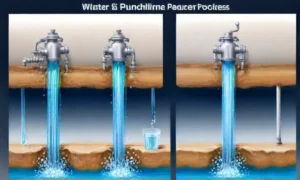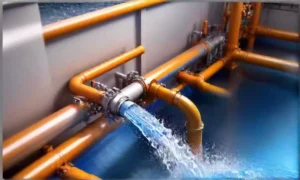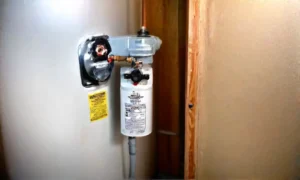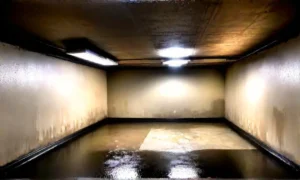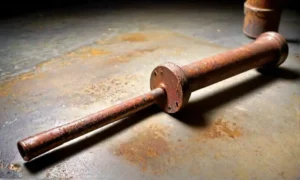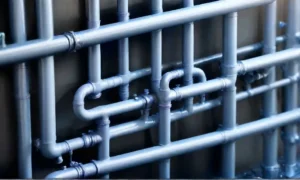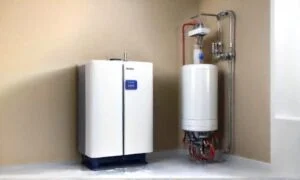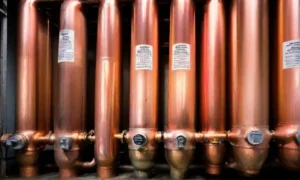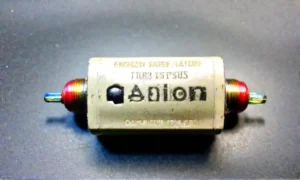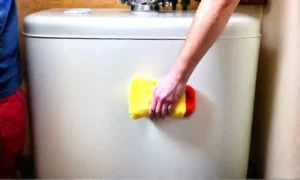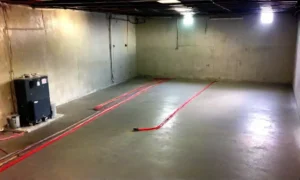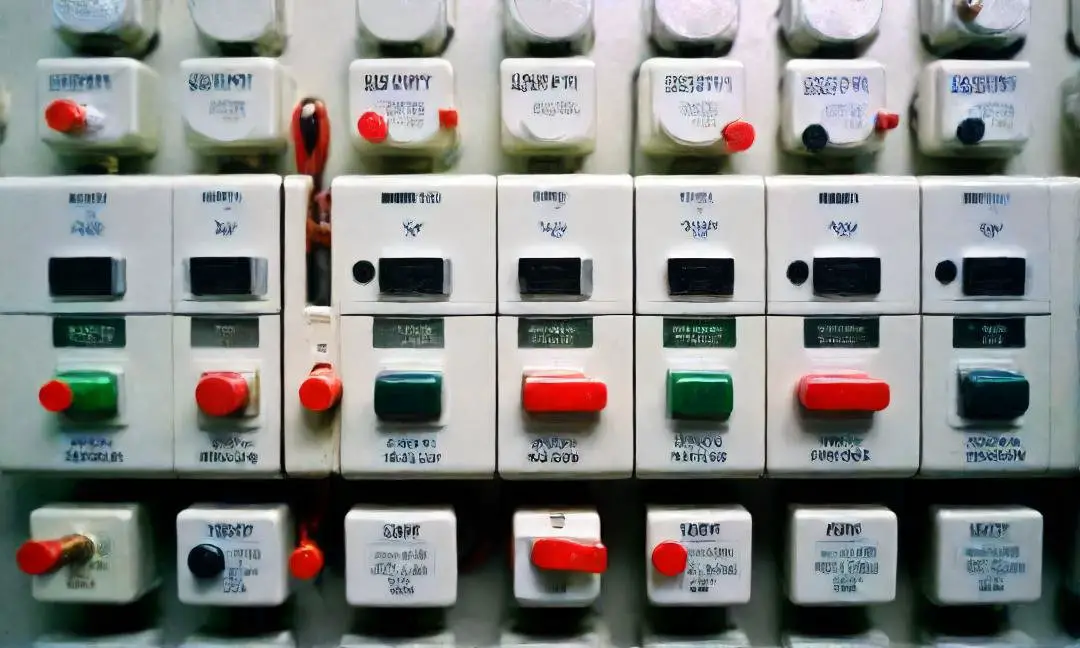
Surprising Reasons Your Hot Water Heater Fuse Keeps Blowing
1. It’s Not Just a Bad Fuse: There’s Usually an Underlying Cause
When your hot water heater fuse blows, it’s easy to assume it’s just a faulty fuse causing the issue. In contrast, more often than not, the fuse blowing is merely a symptom of a deeper problem lurking within your water heater system.
2. Faulty Heating Element: The Water’s Always Ice-Cold
If you find yourself shivering in the shower despite the hot water heater being on, the culprit could be a faulty heating element. This essential component is responsible for heating the water, and when it malfunctions, you’re left with nothing but icy water to greet you.
3. Thermostat Troubles: Temperature’s Stuck on High
When the temperature of your water refuses to adjust, leaving you with scalding hot water no matter how much you fiddle with the thermostat, it’s a clear sign of thermostat troubles. Your thermostat might be stuck on high, leading to discomfort and potential safety hazards.
4. Loose Connections: That Buzzing Noise Ain’t Good
That unsettling buzzing noise coming from your water heater could indicate loose connections. These loose wires can not only cause your fuse to blow but also pose a fire risk if left unattended. It’s crucial to address this issue promptly to prevent further damage.
5. Old Age: Even Well-Built Appliances Get Tired
Just like us, hot water heaters also show signs of aging. Over time, wear and tear can take a toll on even the sturdiest appliances, leading to frequent fuse blowouts. If your water heater is reaching its golden years, it might be time to consider a replacement to avoid ongoing issues.
Pinpointing a Blown Water Heater Fuse: DIY Troubleshooting 101
Safety First: Power Down and Play it Cool
Before diving into troubleshooting, ensure your safety by powering down the water heater and allowing it to cool down. This step is crucial to prevent any mishaps and work on the issue with a clear mind.
Open the Fuse Panel: Looking for Clues
Head over to the fuse panel and carefully inspect the fuses. Look for any signs of damage or discoloration that indicate a blown fuse. Identifying these visual cues can lead you closer to resolving the problem.
Replace the Fuse: But Don’t Stop There
If you find a blown fuse, replace it with a new one of the same amperage. That being said, don’t consider the job done just yet. Take a moment to assess the overall condition of the water heater to ensure there are no underlying issues.
Test Time: Did You Find the Culprit?
After replacing the fuse, power up the water heater and observe its operation. If the fuse was indeed the culprit behind the issue, you should notice a significant improvement in the heater’s functionality. Keep an eye out for any abnormal behavior.
Calling in a Pro: Electricians to the Rescue!
If troubleshooting the blown fuse doesn’t resolve the problem or if you’re unsure about the next steps, it might be time to call in the professionals. Electricians have the expertise and tools to diagnose and fix complex electrical issues, ensuring your water heater operates safely and efficiently.
Preventing Repeat Fuse Blowouts: Proactive Hot Water Care
1. Regular Maintenance: Flush That Sediment
Begin your proactive approach to preventing repeat fuse blowouts by prioritizing regular maintenance. Sediment buildup in your hot water heater can lead to inefficiencies and potential overheating, increasing the risk of fuse blowouts. Flushing out this sediment at least once a year can significantly improve the performance and longevity of your water heater.
2. Thermostat Check: Keep Temperatures in Check
Maintaining proper temperature settings on your water heater is crucial in preventing repeat fuse blowouts. Check your thermostat periodically to ensure it is set at the recommended temperature range. Avoid setting it too high, as this can strain the system and increase the likelihood of fuse failures. Keeping temperatures in check is a simple yet effective way to safeguard your hot water heater.
3. Inspect the Wiring: Prevent Sparky Situations
One often overlooked aspect of hot water heater maintenance is inspecting the wiring. Faulty or damaged wiring can lead to short circuits and potential fuse blowouts. Regularly inspect the wiring connections to ensure they are secure and free of any wear or damage. By preventing sparky situations through proactive wiring checks, you can reduce the risk of repeat fuse blowouts and ensure the safe operation of your water heater.
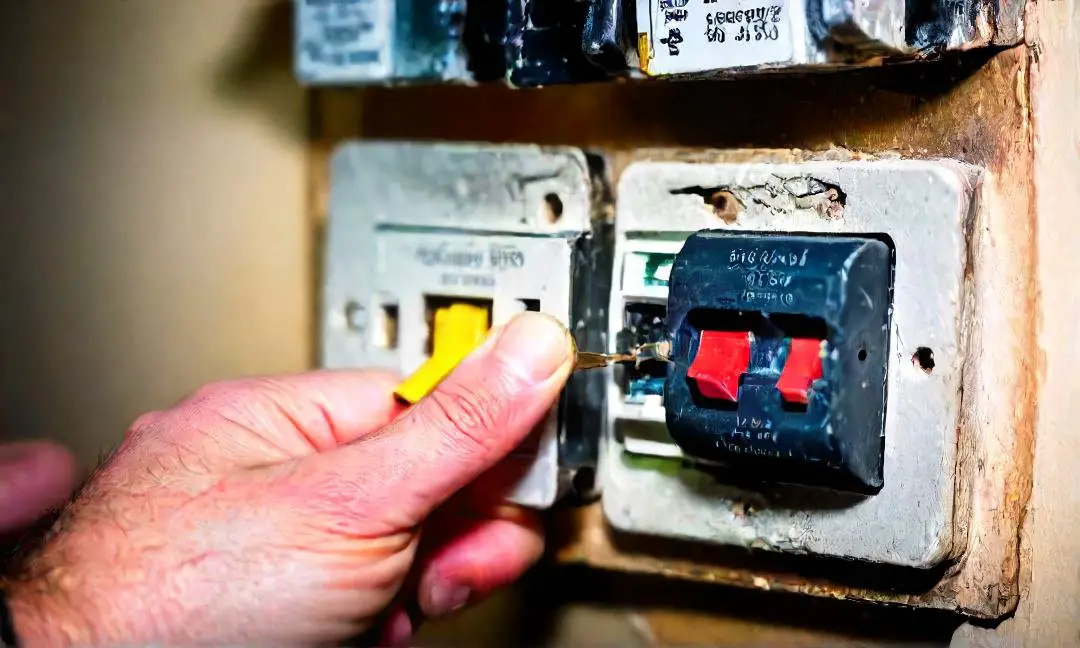
Overloaded Circuit: Is Your House a Power Hog?
An overloaded circuit is like a traffic jam on a busy highway. Just as too many cars can cause chaos on the road, plugging in too many devices can overwhelm your electrical system. This can lead to tripped fuses and potential hazards, putting a strain on your water heater’s power supply.
Ground Faults: Electricity’s Escape Route
Ground faults are like escape artists in the world of electricity. When a wire comes in contact with water or a conductive surface, it creates a pathway for electricity to leak, bypassing the normal circuit. This can result in short circuits and pose a serious risk to your water heater’s operation.
Main Breaker Issues: Heart of Your Home’s Power
The main breaker is the guardian of your home’s electrical system, akin to a vigilant sentinel protecting a castle. When the main breaker malfunctions, it can disrupt the flow of electricity to essential appliances like your water heater. Addressing main breaker issues promptly is crucial to ensure the smooth functioning of your household.
Can a Blown Fuse Mean My Water Heater’s a Goner?
Sometimes, But Not Always: Diagnosis is Key
- Start by checking the fuse – a simple fix or a sign of deeper issues?
- Assess other components like thermostat and heating elements for a comprehensive diagnosis.
- Consult a professional if unsure – safety and accuracy are paramount.
Age Factor: When Replacement Makes Sense
- Consider the age of your water heater – older units may not be worth repairing.
- Efficiency and performance decline with age, impacting your utility bills.
- Navigate newer, energy-efficient models for long-term savings and reliability.
Weighing Cost: Repair vs. Replace Dilemma
- Calculate repair costs versus the price of a new water heater.
- Factor in potential future repairs and maintenance for an informed decision.
- Balance short-term expenses with long-term benefits to determine the most cost-effective solution.

1. Fuse Woes Still Happen: But Differently
Amidst the allure of tankless water heaters, the specter of fuse troubles looms. Unlike their tank-bound counterparts, these fuses harbor a different breed of woes. The intricate dance of power and precision demands a keen eye for detail.
2. Smaller System, But Complexity Exists
Within the heart of these compact systems lies a labyrinth of complexity. In the course of their size may deceive, unraveling their mysteries requires a deft touch. Navigating the nuances of a tankless water heater system unveils a world where every component plays a vital role.
3. DIY or Professional? Comfort Level Counts
As the dilemma of DIY versus professional intervention beckons, comfort becomes the compass guiding your decision. Delving into the realm of troubleshooting, your expertise and confidence dictate the path ahead. Whether to tackle the challenge solo or seek the aid of a seasoned hand rests in your comfort zone.
